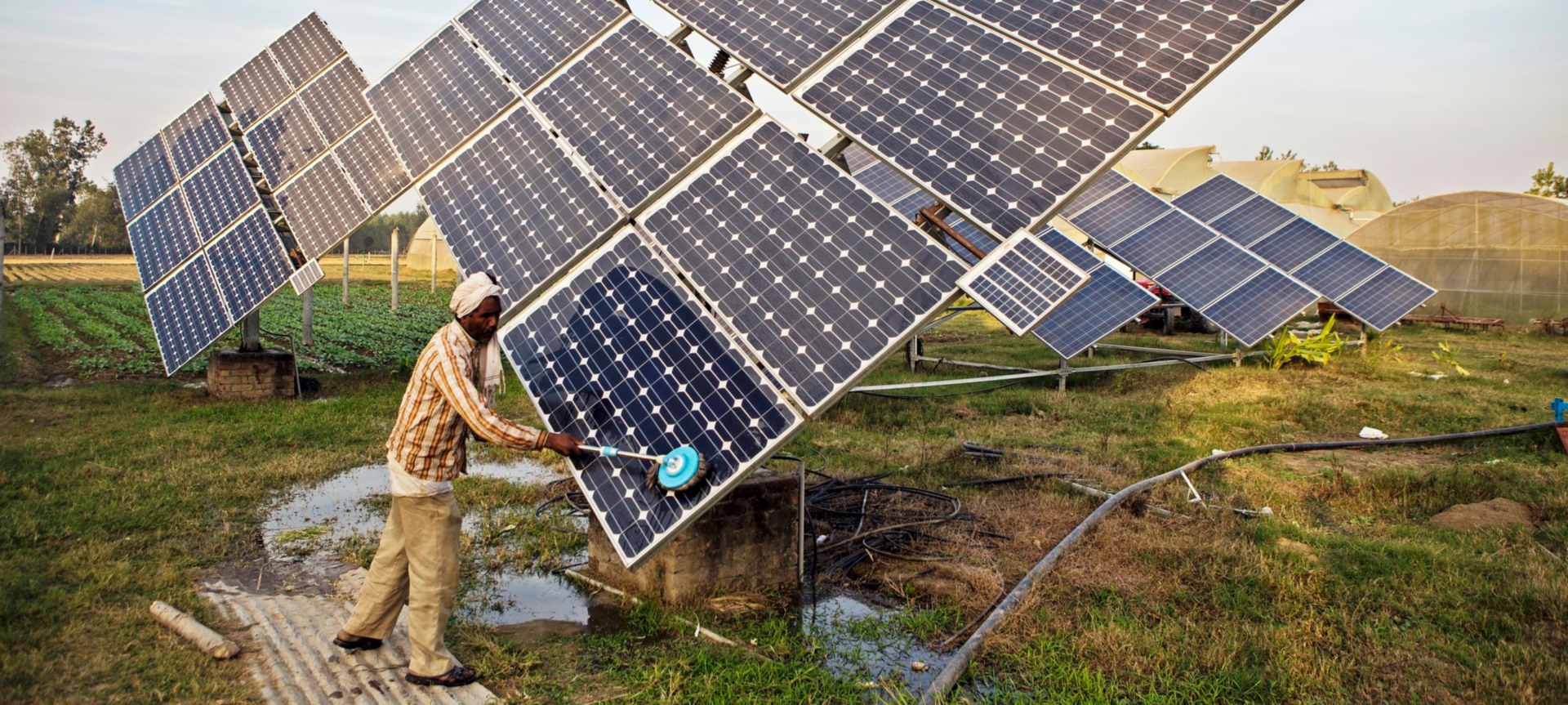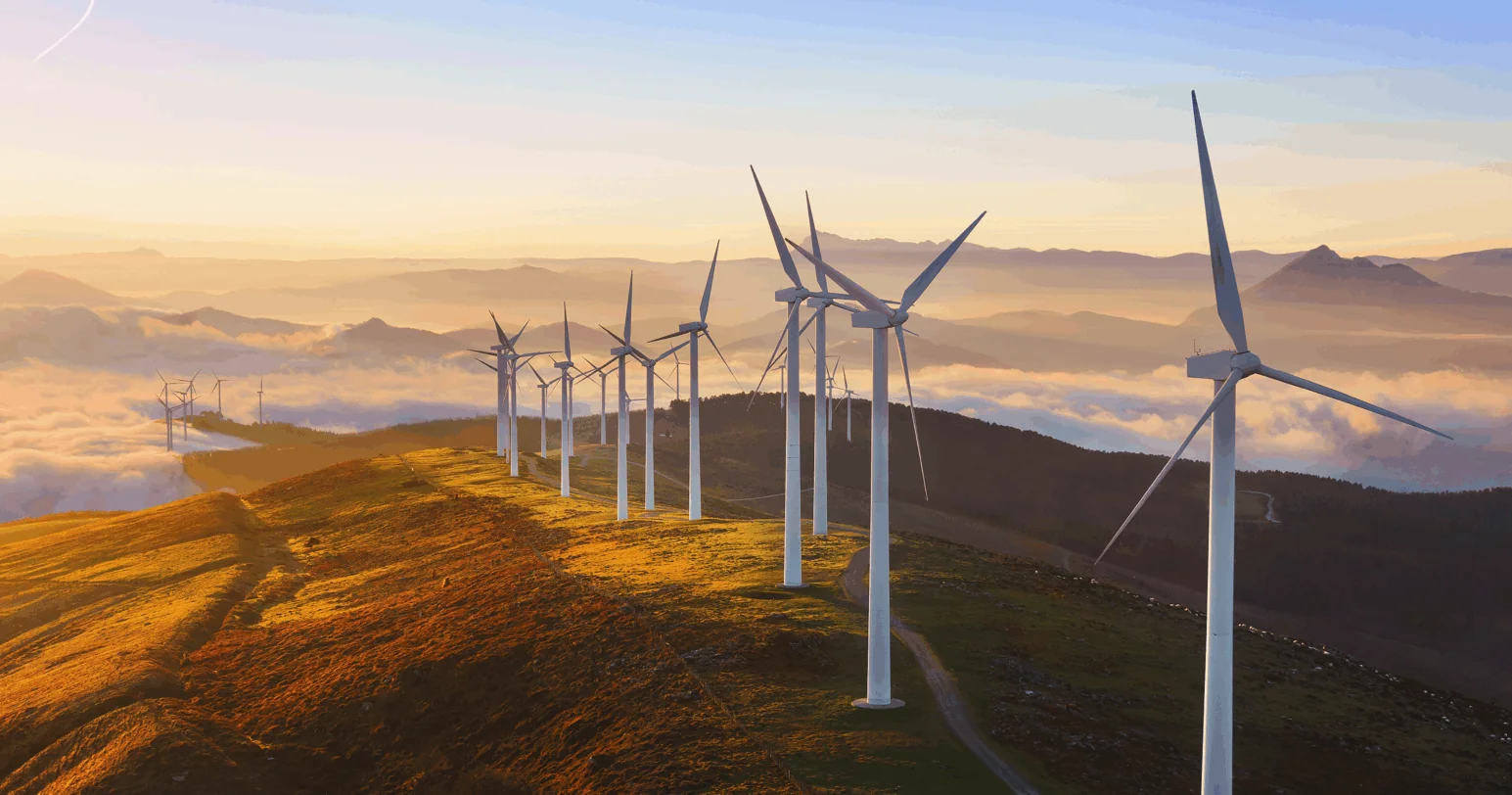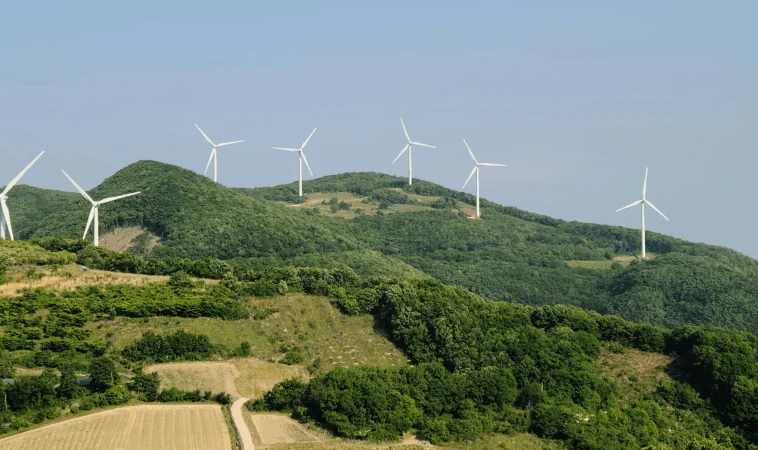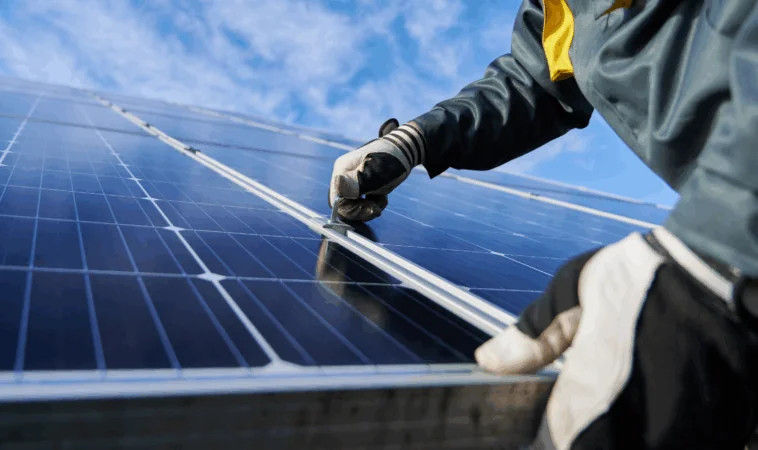
Baku, Azerbaijan: Today at the UN Climate Summit COP29, the Coal Transition Commission, which brings together governments, international organisations and financial institutions, published its first report laying out actionable recommendations to accelerate the coal-to-clean energy transition to keep 1.5oC alive.
At COP28 countries agreed to accelerate action to transition away from fossil fuels. Coal remains the largest source of electricity worldwide, representing 36% of generation globally, and accounts for over 40% of all energy sector emissions of carbon dioxide. Without additional intervention, the existing coal fleet alone would push the world beyond 1.5°C of warming. The science is clear that to keep 1.5°C within reach, countries need to immediately end new coal power plants and phase out existing ones completely by 2040.
While the phase-out of coal power is well underway, bringing important economic and social gains, accelerating the transition across the emerging market and developing economies who account for 85% of global coal demand is challenging. Governments face constrained fiscal positions and need to secure affordable and reliable energy for growing economies and all citizens. Accelerating coal transitions will depend on bold and effective domestic policy and planning and the support of a broad range of international partners.
“Accelerating Coal-to-Clean Energy Transitions: First Report and Recommendations of the Coal Transition Commission” seeks to advance the collective understanding of the opportunities, challenges and potential policy solutions to hasten the transition, building on existing initiatives like the Just Energy Transition Partnerships (JETPs). It lays out the steps that need to be taken by governments, international organisations and standard setters, as well the potential supportive roles that public and private financial institutions could play to create an enabling policy environment, scale up finance for the coal-to-clean transition and build a pipeline of projects, highlighting that doing so is essential to keeping 1.5oC in reach.
Agnès Pannier-Runacher, France’s Energy Minister said: ”The message from this report is both of urgency and hope. Urgency because accelerating coal phase-out in emerging economies will determine if we are successful in keeping 1.5°C in reach. Hope because there is a clear path forward to mobilise the billions that would truly match the needs, so that no country has to choose between fighting poverty and fighting climate change, as recalled in the Paris Pact for People and the Planet. Key solutions include long-term credible energy plans, expanding the involvement of multilateral development banks, innovative financing instruments and clear regulations that would mobilise private finance at scale.”
The report makes a series of recommendations to accelerate the coal-to-clean transition at the speed and scale needed to get on track for 1.5oC:
- Governments will need to develop long-term power sector and just transition plans, underpinned by policymaker commitments to no new coal, plans to phase out coal power and scale up renewables, to give citizens, businesses and investors clarity and confidence to mobilise behind the transition.
- Finance for coal-to-clean transition will need to be significantly increased. Public finance providers, including Multilateral Development Banks, should continue to scale up support for these transitions, including by using their technical assistance, project preparation and catalytic capital to reward country ambition and crowd in private finance.
- Private finance will need to play a key role, and for this to happen at scale regulators could consider clarifying that investing in reducing emissions from existing coal power plants is considered transition finance, subject to appropriate guardrails and disclosures.
- In addition, given the significant costs associated with the phase-out of coal power plants and a just transition, financial structures will need to be developed that enable these costs to be covered and private investors to make reasonable returns. Governments and technical bodies should continue to develop mechanisms to blend public and private finance and should also explore further innovative solutions, including high integrity coal-to-clean carbon credits to understand their potential, risks and guardrails that may be required.
- A pipeline of priority projects should be established to accelerate implementation, focusing on early retirement and repurposing for flexibility – the two most important levers for achieving emissions reductions in a 1.5°C pathway. For this to happen, collaboration and capacity building to countries will be needed, and the Coal Transition Commission can drive this work forward.
The Coal Transition Commission’s report is the result of extensive consultations and numerous rounds of engagement with national policymakers, Multilateral Development Banks, private finance, international organizations and experts. The Coal Transition Commission is an initiative launched by President Macron at COP28, has been co-chaired by the French and Indonesian governments, and is one of three pillars of the wider Coal Transition Accelerator. The Commission aims to develop practical policy solutions to accelerate coal transitions globally. It is supported by Bloomberg Philanthropies with secretarial hosted by the Powering Past Coal Alliance.
Michael R. Bloomberg, founder of Bloomberg L.P. and Bloomberg Philanthropies and UN Special Envoy on Climate Ambition and Solutions said: “Transitioning the world away from coal – through a wide range of policy and finance solutions – is the most important step we can take to meet the goals of the Paris Agreement. The more that business, government, finance, and nonprofit leaders find ways to work together and innovate, the more we can improve public health, build a stronger global economy, and save lives.”
Mark Carney, UN Special Envoy on Climate Action and Finance and GFANZ Co-Chair said: “Coal plants in Asia alone will exhaust the remaining carbon budget if left to operate to the end of their ‘economic’ lives. CTC’s report rightly identifies that getting private finance flowing into their early retirement will require ambitious government policy, more catalytic public capital and definitions of transition finance that include coal retirement. High integrity carbon markets will be essential to mobilise the investment required. There is no time to waste, the CTC’s recommendations should be implemented as quickly as possible to keep the goals of the Paris Agreement alive.”
Ravi Menon, Ambassador for Climate Action, Singapore said: “The key insight of this report by the Coal Transition Commission is that the way to net-zero is not by divesting away from coal but by investing in its early phase-out. It requires transition finance, catalytic capital, and carbon credits – areas that Singapore has been actively promoting. Singapore recognises that investing in the credible reduction of emissions from existing coal plants is transition finance. Our blended finance platform, FAST-P, to which we have pledged catalytic capital, has identified coal phase-out as one of its priorities for Asia’s decarbonisation. The Monetary Authority of Singapore has convened a coalition of like-minded partners to develop transition credits as a credible mechanism to accelerate and scale the early retirement of coal-fired power plants and replace them with cleaner energy. We look forward to continue supporting the Commission’s work.”
Mary Schapiro, Vice Chair of GFANZ said: “This new report from the CTC is a pivotal step in recognizing the unique challenges and opportunities emerging economies face in accelerating coal transitions. GFANZ has worked to support the catalyzation of private finance at scale, but to realize the full potential of transition finance, it’s imperative that standard setters, governments, and the private sector work together to enable faster progress. Advancing actions consistent with the CTC recommendations should be a top priority as we establish our priorities for 2025 and beyond.”
Laura Cozzi, IEA Director of Sustainability, Technology and Outlooks said: “Global coal demand is set to peak before the end of this decade, based on today’s policy settings, but the timing and the speed of its decline is closely tied to the actions governments take. Stronger policies and greater investments will be required to put emissions on a path to meeting international climate goals while ensuring secure and affordable energy supplies. Today, less than 15% of coal workers are covered by just transition policies. International collaboration, public financial support and people-centred approaches will be essential to ensure the transition away from coal is fair and just.”
Ramesh Subramaniam, Sectors Group Director General, Asian Development Bank said: “We cannot meet our climate goals without shifting from coal to clean energy as fast as possible. This is critical for Asia and the Pacific, to mitigate climate change impacts and alleviate the health burden caused by air pollution. As the region’s climate bank, ADB’s Energy Transition Mechanism provides the necessary knowledge and financing that will help our developing member countries accelerate this shift in a just, inclusive, and affordable manner.”
Jon Creyts, Chief Executive Officer of RMI said: “There is no one-size-fits-all coal-to-clean transition for emerging markets and developing economies; however, what we’ve outlined in this report is a path forward for those who stand to benefit most by engaging in the work. A diverse array of top-down and bottom-up initiatives are working to support countries’ coal-to-clean transition efforts, offering a deep set of solutions to test across energy systems and projects. By fostering strong coordination, and sharing key insights and lessons learned, we can begin to witness a broader array of projects take off, and build momentum for the global coal-to-clean ecosystem.”
Matt Webb, Associate Director for Coal to Clean at E3G, said: “We welcome this report and its recommendations on early coal power retirement. A rapid reduction in emissions from existing coal power plant is imperative if we are to keep 1.5C alive and greater consensus is needed on actionable steps to make this a reality. This report makes a critical contribution as leaders demonstrate at COP29 how to finance the energy commitments made in the Global Stocktake and how to embed these into their national plans well before COP30 in Belem.”
ENDS
The report is available here.
We would like to kindly invite you to the Coal Transition Commission’s event at COP29, where the report will be presented. The event will take place on 12th November at 15:30 – 16:30 local time in the UNFCCC pavilion.
For more information, please contact:
Anna Drazkiewicz, PPCA Communications Manager
00 32 487 32 45 62
anna.drazkiewicz@poweringpastcoal.org (in Baku from 11th to 14th)
The Coal Transition Commission is a key pillar of the Coal Transition Accelerator — an initiative launched by the French government at the UN Climate Summit COP28 in December 2023 in partnership with global leaders, international organizations, and countries. Co-chaired by the French and Indonesian governments, the Commission aims to develop practical policy solutions to accelerate coal transitions globally.
The Powering Past Coal Alliance which hosts the Coal Transition Commission’s secretariat is the coalition of national and subnational governments, businesses and organisations working to advance the transition from unabated coal power generation to clean energy. More information about the PPCA’s presence at the COP can be found here: https://poweringpastcoal.org/cop29/




